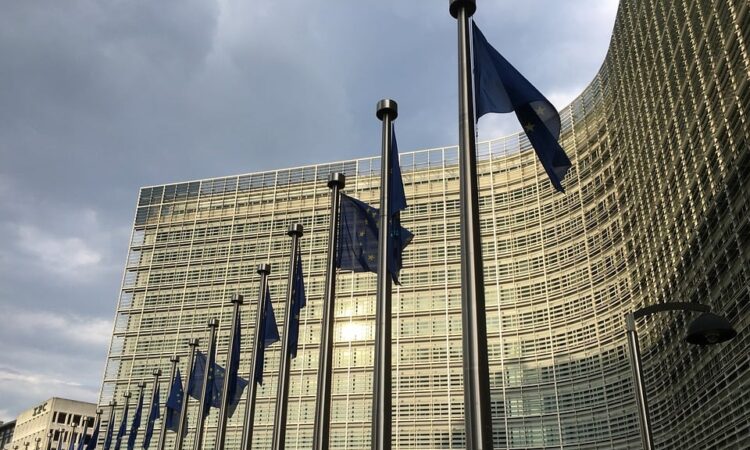
The European Commission has approved a €350 million Portuguese scheme to support investments for the production of equipment necessary to foster the transition towards a net-zero economy, in line with the Green Deal Industrial Plan. The scheme was approved under the State aid Temporary Crisis and Transition Framework, adopted by the Commission on 9 March 2023 and amended on 20 November 2023, to support measures in sectors which are key to accelerate the green transition and reduce fuel dependencies.
The Portuguese measure
Portugal notified to the Commission, under the Temporary Crisis and Transition Framework, a €350 million scheme to support investments for the production of relevant equipment necessary to foster the transition to a net-zero economy.
Under this measure, which will be fully financed through the Recovery and Resilience Facility, the aid will take the form of direct grants.
The measure will be open to companies producing relevant equipment, namely batteries, solar panels, wind turbines, heat-pumps, electrolysers, equipment for carbon capture usage and storage, as well as key components designed and primarily used as direct input for the production of such equipment or related critical raw materials necessary for their production.
The Commission found that the Portuguese scheme is in line with the conditions set out in the Temporary Crisis and Transition Framework. In particular, the aid (i) will incentivise the production of relevant equipment for the transition towards a net-zero economy; and (ii) will be granted no later than 31 December 2025.
The Commission concluded that the Portuguese scheme is necessary, appropriate and proportionate to accelerate the green transition and facilitate the development of certain economic activities, which are of importance for the implementation of the Green Deal Industrial Plan, in line with Article 107(3)(c) TFEU and the conditions set out in the Temporary Crisis and Transition Framework.
On this basis, the Commission approved the aid measure under EU State aid rules.
Background
On 9 March 2023, the Commission adopted a new Temporary Crisis and Transition Framework to foster support measures in sectors which are key for the transition to a net-zero economy, in line with the Green Deal Industrial Plan. The Framework amends and prolongs in part the Temporary Crisis Framework, adopted on 23 March 2022, to enable Member States to use the flexibility foreseen under State aid rules to support the economy in the context of Russia’s war against Ukraine.
The Temporary Crisis and Transition Framework has been amended on 20 November 2023 to prolong by six months a limited number of sections aimed at providing a crisis response following Russia’s aggression against Ukraine and the unprecedented increase in energy prices.
The Temporary Crisis and Transition Framework, as amended, provides for the following types of aid, which can be granted by Member States:
- Limited amounts of aid (section 2.1), in any form and granted until 30 June 2024, for companies affected by the current crisis or by the subsequent sanctions and countersanctions up to €280,000 and €335,000 in the agriculture, and fisheries and aquaculture sectors respectively, and up to €2.25 million in all other sectors;
- Liquidity support in form of State guarantees and subsidised loans (sections 2.2 and 2.3). In exceptional cases and subject to strict safeguards, Member States may provide to energy utilities for their trading activities public guarantees exceeding 90% coverage, where they are provided as unfunded financial collateral to central counterparties or clearing members. These sections are applicable only until 31 December 2023 and have not been amended;






